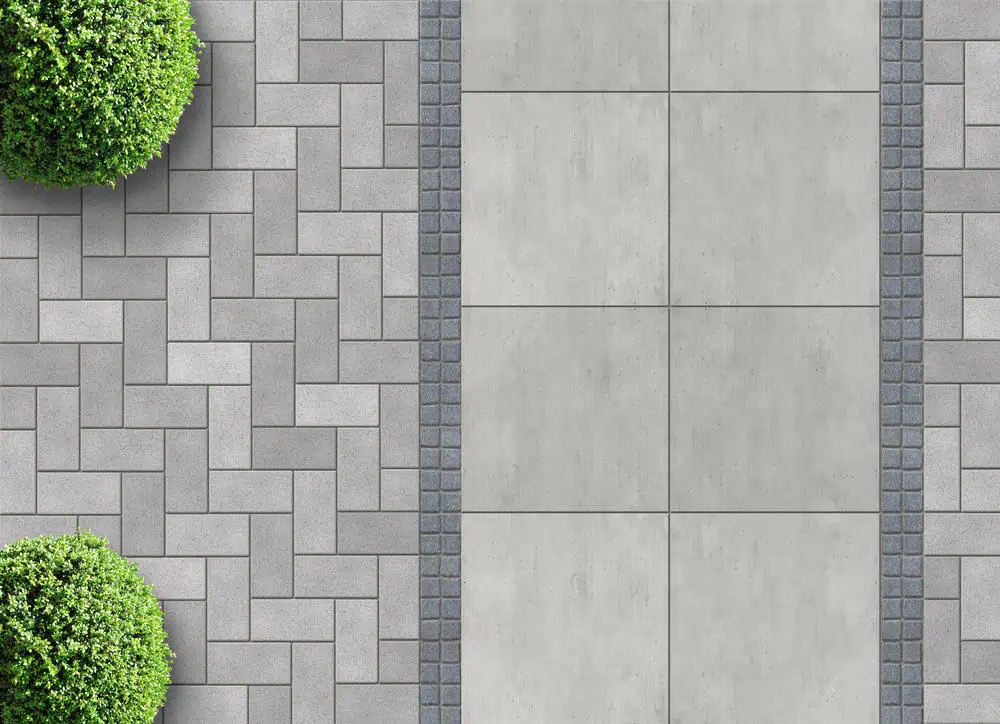Expert masonry contractor delivering reliable repairs and custom stonework throughout Brighton and surrounding areas.
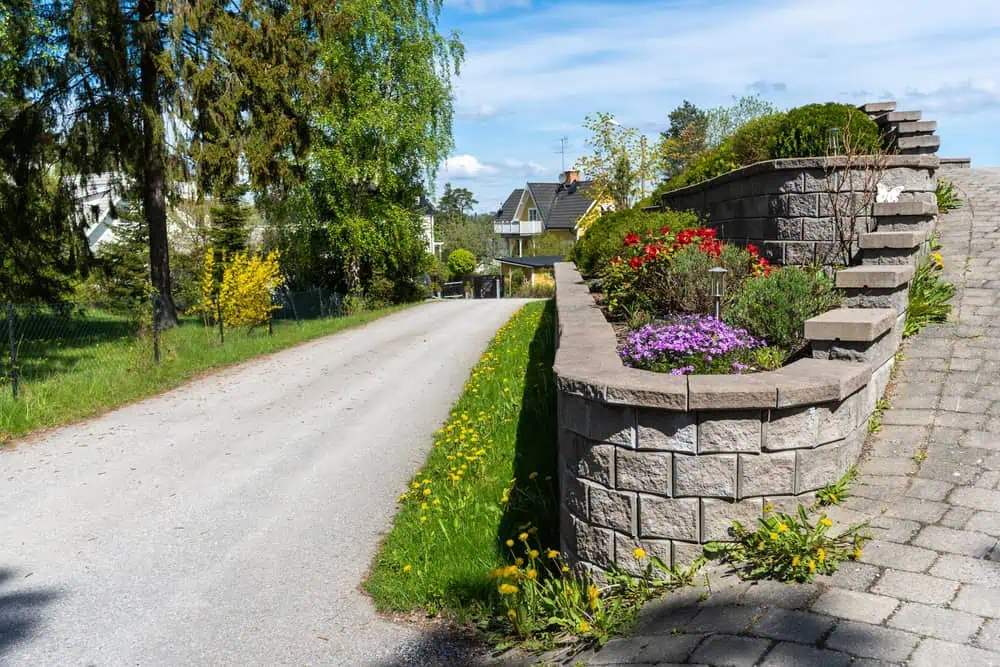
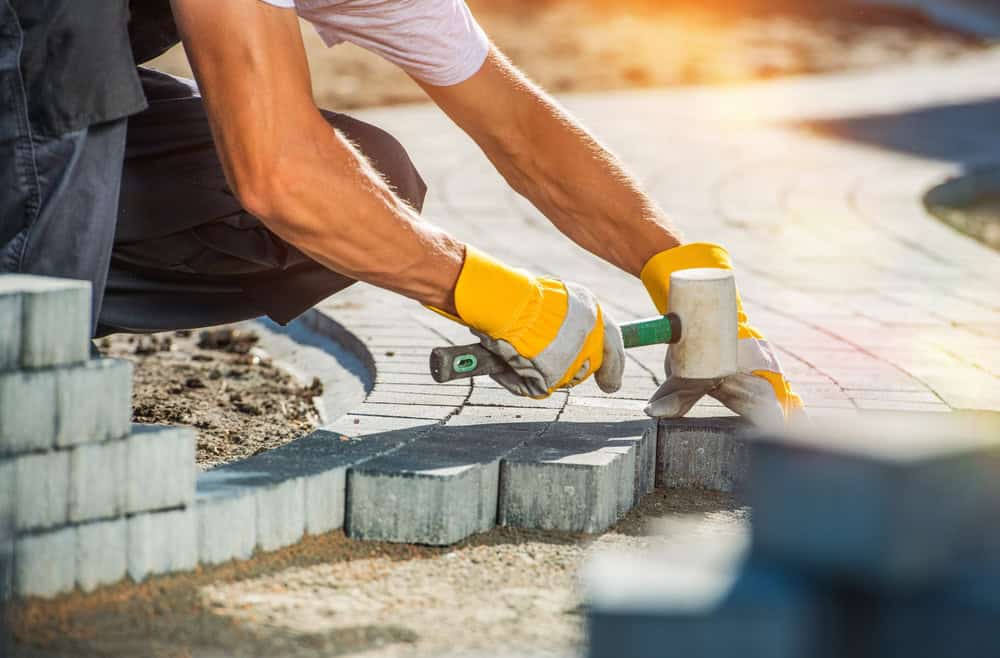
Your property stops bleeding money on constant repairs. That’s what happens when masonry work is done right the first time.
You get structures that handle New England’s brutal freeze-thaw cycles without crumbling. Foundations that keep water where it belongs – outside. Chimneys that draw properly and don’t leak. Retaining walls that actually retain instead of slowly sliding into your neighbor’s yard.
The difference shows up in your heating bills, your basement staying dry, and not having to explain to visitors why there’s a pile of bricks in your driveway. Good masonry work becomes invisible because it just works.
Academy Masonry has been handling stonework throughout Brighton and the greater Boston area for years. We understand how New England weather attacks masonry and what it takes to build structures that last.
We’re licensed, insured, and familiar with local building codes. More importantly, we’ve seen what happens when masonry work is done wrong – and we know how to fix it properly.
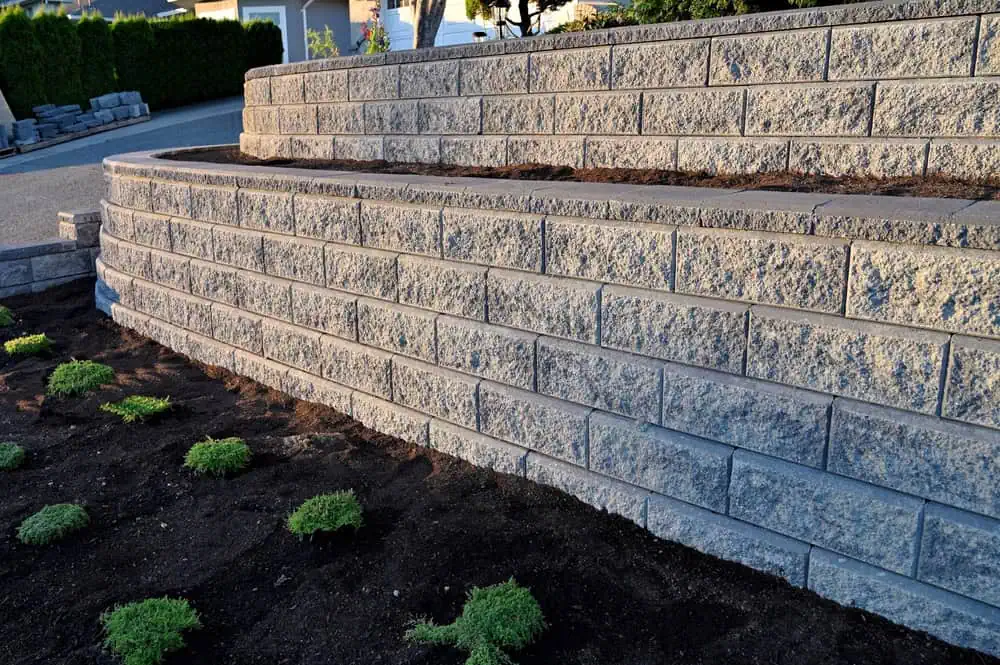
First, you get an honest assessment of what’s actually wrong. No dramatic sales pitch about imminent collapse, just a clear explanation of the issues and what needs fixing.
Our estimate breaks down materials, labor, and timeline. You’ll know exactly what you’re paying for before any work starts. Once the project begins, we show up when we say we will and clean up after ourselves daily.
Most jobs wrap up faster than you’d expect because our focus stays on getting quality work done efficiently, not dragging things out. You get a final walkthrough to make sure everything meets your standards before we call it complete.
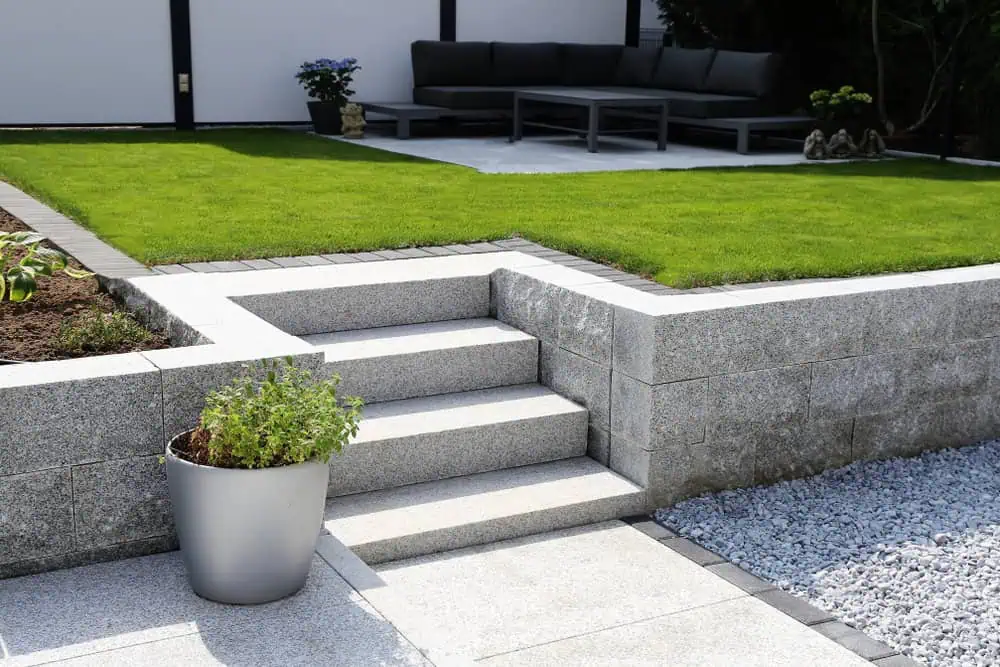
Ready to get started?
Foundation repairs that actually stop water infiltration. Chimney work that includes proper flashing and crown repair. Retaining walls built to handle soil pressure and drainage. Custom stonework for walkways, patios, and architectural features.
We handle both residential and commercial projects throughout Brighton. Whether it’s repointing mortar on a historic triple-decker or building new stone veneer for a business, our approach stays the same – quality materials, proper technique, and work that lasts.
Emergency repairs get priority scheduling because water damage doesn’t wait for convenient timing. Regular maintenance services help prevent small problems from becoming expensive disasters.
